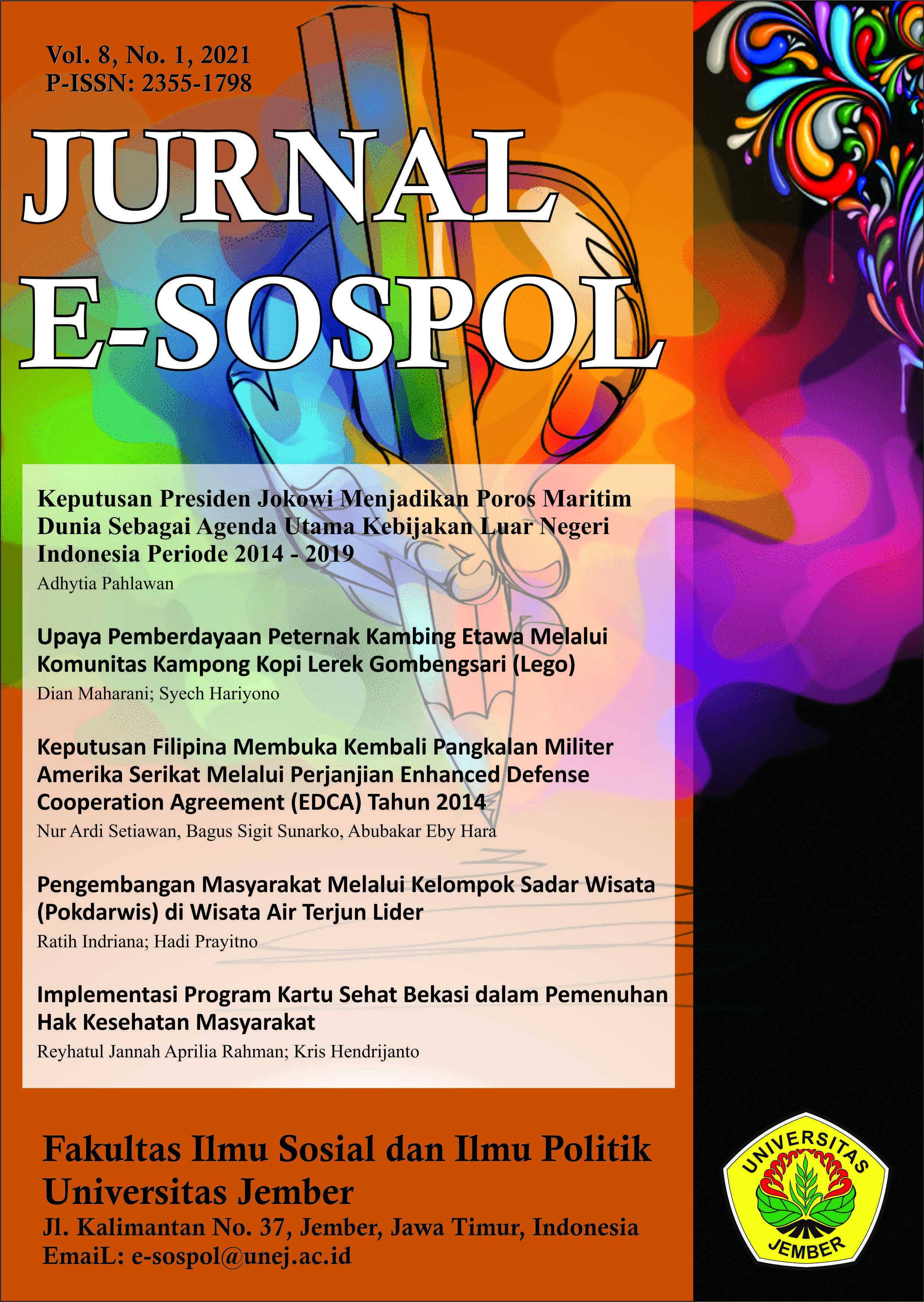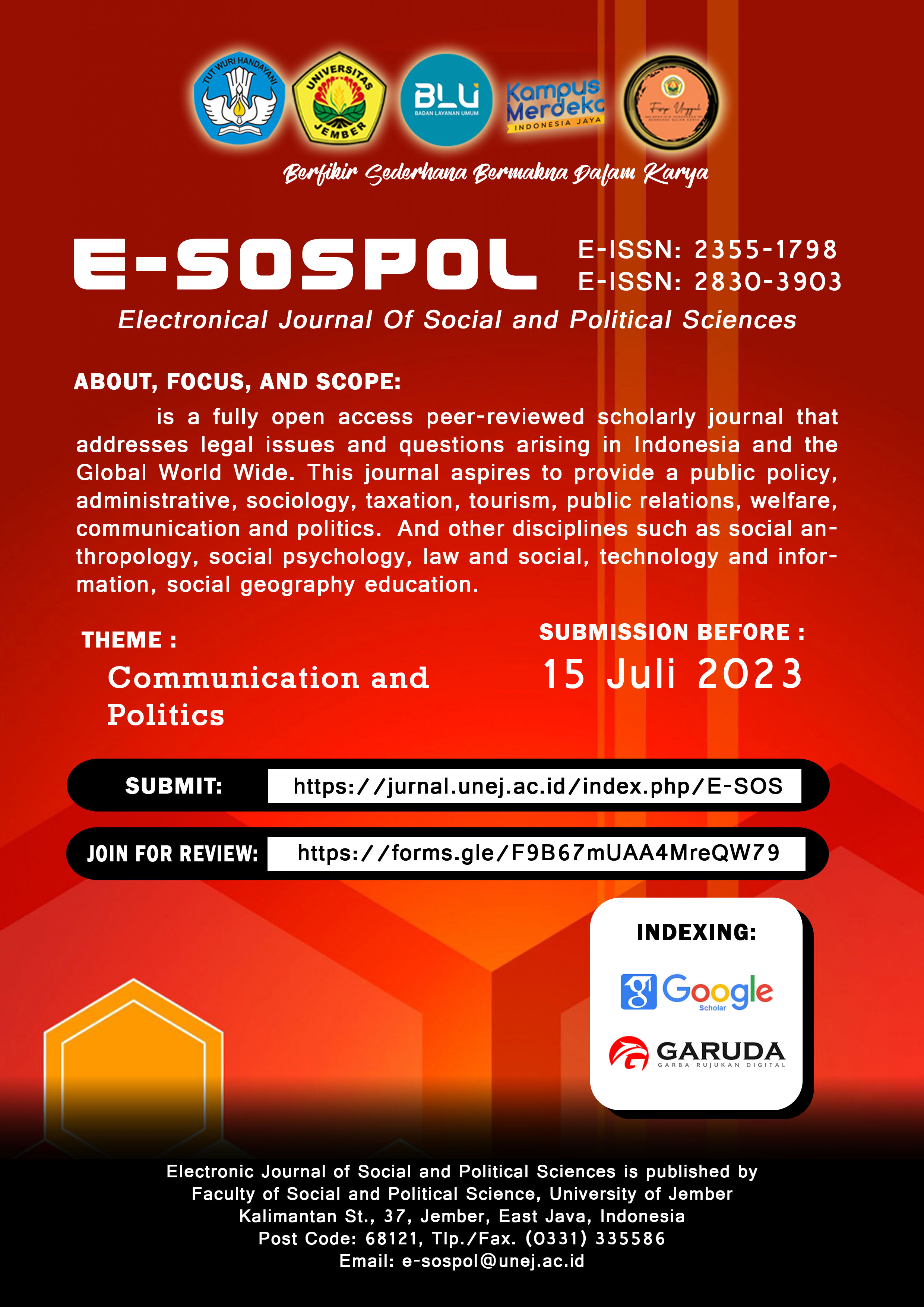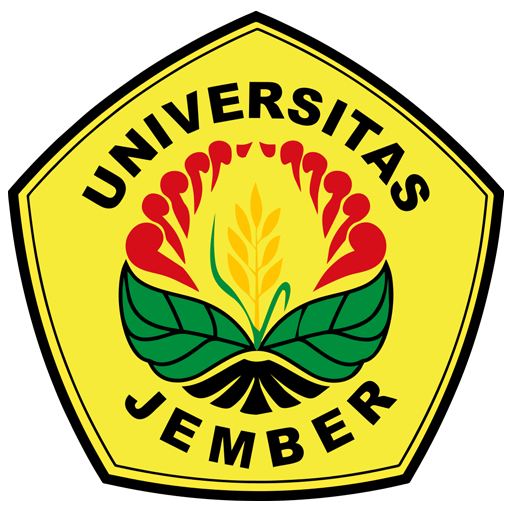Keputusan Filipina Membuka Kembali Pangkalan Militer Amerika Serikat Melalui Perjanjian Enhanced Defense Cooperation Agreement (EDCA) Tahun 2014
Abstract
The Philippines and the United States have been in a long relationship. The Philippines for the United States is an important ally in maintaining the stability of the Asia Pacific region. Post-independence granted by the United States to the Philippines in 1946, the two countries have carried out various military cooperation. One of them is the rental cooperation used by the United States military as their military base in the Asia Pacific region. These plans are Subic and Clark. In 1991 the land lease agreement used by the United States as their military base had to be stopped by the Philippine Government.. In 2014, the Philippines accepted an agreement to strengthen military defense with the United States. The agreement was named Enhanced Defense Cooperation Agreement (EDCA). The agreement discussed bringing back the presence of US troops in the Philippines by giving access to a number of military bases in the Philippines, one of which belongs to the United States.This study uses a qualitative descriptive method using secondary data. The process of collecting data is needed using library research techniques. The data used in this study is information about the 2014 EDCA agreement and cooperation between the Philippines and the United States in the field of military and regional security.the reason the Philippines reopened the US military base is to confront China in a border dispute in the South China Sea where the Philippines is unable to deal directly with China which has greater military power. Then the second reason is dealing with action terror in the southern Philippines region as a result of the rising wave of terrorism in the Asia Pacific.
Penulis yang mengusulkan naskahnya untuk dapat diproses penerbitannya pada e-SOSPOL dianggap telah menyetujui beberapa hal sebagai berikut:
1. Penulis tidak dapat menarik naskah yang telah usulkan untuk diproses hingga mendapat jawaban dari Ketua Dewan Penyunting atas status naskah artikel ilmiahnya (diterima atau ditolak untuk diterbitkan).
2. Penerbit tidak bertanggung jawab terhadap kasus plagiasi atas artikel yang terbit pada e-SOSPOL
3. Penerbit tidak bertanggung jawab atas data dan isi dari artikel yang diterbitkan pada e-SOSPOL, dan sepenuhnya merupakan tanggung jawab penulis.







.png)

